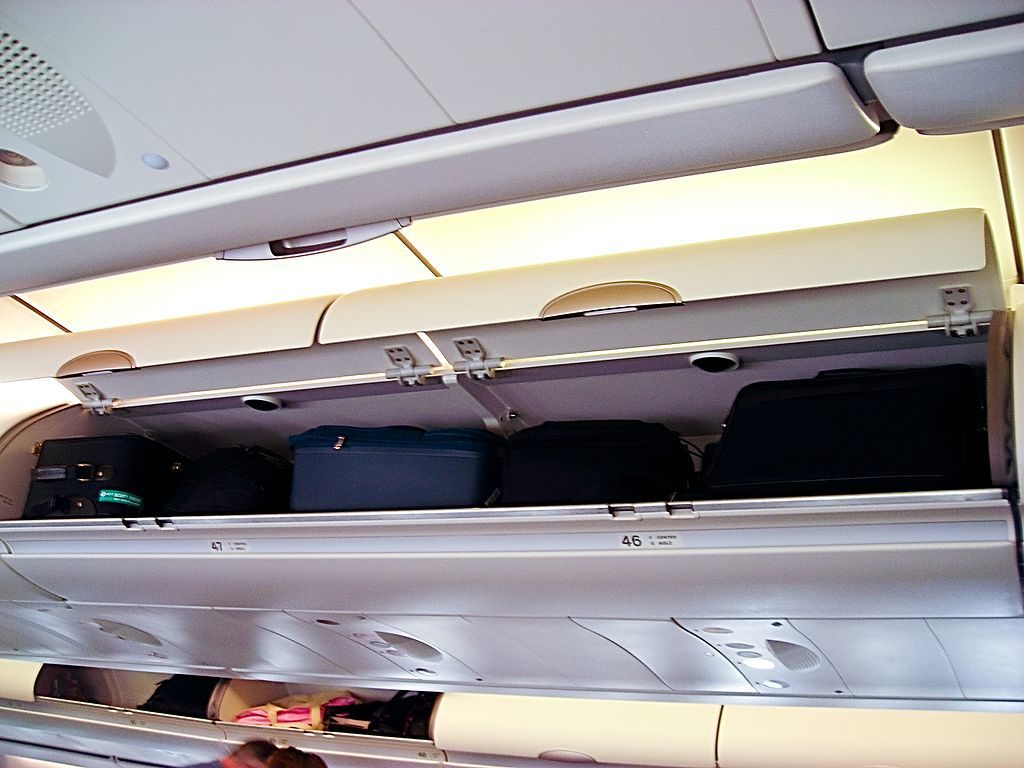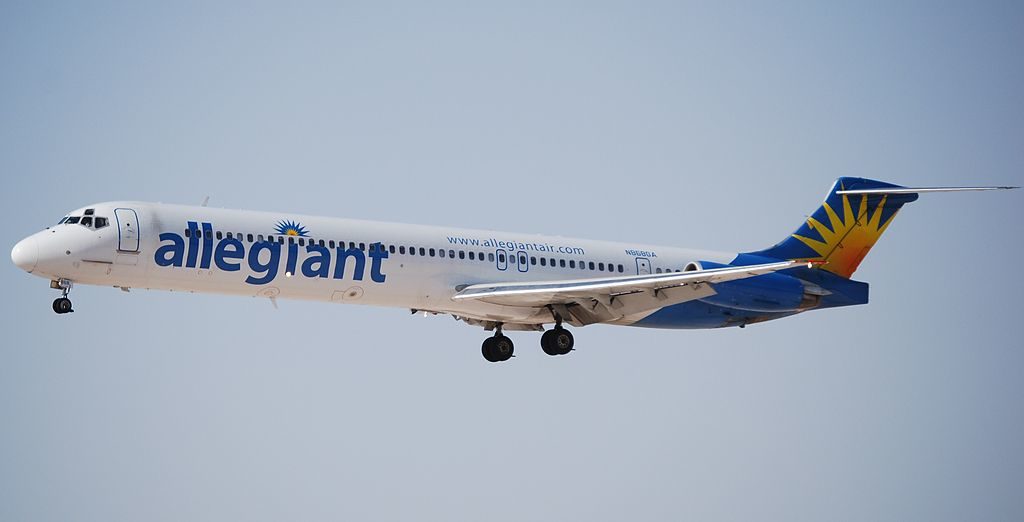United has taken a lot of heat since releasing the news that the airline will begin offering “no frills” basic economy fares starting in 2017. Many frequent fliers are disgruntled and agitated over the coming change. Some of it is understandable, but much is not.
The new basic economy fares will certainly strip away things many travelers take for granted. A seat assignment? Sorry, no can do. Overhead bin space for a carry-on bag? Pay a fee at the gate. Changes to your ticket or seat upgrades? These won’t even be possible. Frequent fliers won’t even earn premier qualifying dollars, miles, or segments, nor miles toward lifetime status.

Space for a carry on bag will come with a price tag for basic economy fares
An upside to United basic economy fares?
So what could the upside to United’s basic economy fares possibly be? It’s obvious: price. That, and fewer injuries to flight attendants.
You may ask, what about price creep? Once the new basic economy fares are in place, won’t United slowly increase the cost of these bare-bones tickets until travelers are essentially paying the same as they are now for the current “full” economy service? Isn’t this just a devious plan to get people to pay more for less? What’s to stop them?
Us. Travelers. We’ve already shown United that most of us are far more loyal to our wallets than we are to them. If United begins shifting the price of their basic economy fares toward current economy prices without offering all the same services, travelers will simply look elsewhere. United wouldn’t be making these changes unless they believe the market is dictating it, and the market is us.
United has become uncompetitive in many ways. Their premium products are behind the times (Polaris is a needed revitalization), and their on-time performance trails nearly every other major U.S. airline. Competition from domestic budget carriers like Allegiant and Spirit is siphoning away revenue, not to mention Norwegian’s relentless onslaught in the transatlantic market. United needs to do something.
Thus, the roll-out of their basic economy fares. Travelers want options. The impending basic economy fares will allow more flexibility to travelers. The budget-conscious won’t have to pay for services they really don’t want, and the United loyalists and business travelers used to convenience and perks will still be able to buy other economy fares.
Even though I see mostly upside to United’s basic economy fares, I don’t want to completely disregard the trepidation among those who expect their loyalty to United to be appropriately rewarded. Hopefully the answer for them will be to simply pay for a “normal” economy fare, and things will be business-as-usual. If they do not already have a United Explorer card, one may be in order, at least for the baggage perks. Yes, it may feel “unfair” that even a United million-miler wouldn’t be rewarded if he or she purchased a basic economy fare, but that will be life.

United must compete, and offering cheaper tickets with fewer services is what will allow them to do so. I will still posit that fears of United loyalists are mostly unwarranted in regard to price creep.
So unlike many others, I am personally very happy with this move by United. I fly them a few times per year. I really don’t care about gaining or maintaining status. Nor do I care about lifetime status since I’ll hit a million miles at roughly 220 years old at my current accrual rate. The perks from the United Explorer Visa (especially free checked baggage and a single carry-on item – see details) will lessen every bit of sting for me, and I will happily pay less to fly out of our regional airport.
Thus, to United’s new basic economy fares, I say, “Welcome.”
Header image courtesy of Oliver Holzbauer and Allegiant photo courtesy of Eddie Maloney, both under Creative Commons 2.0 license.
This site is part of an affiliate sales network and receives compensation for sending traffic to partner sites, such as thepointsguy.com. This may impact how and where links appear on this site. Responses are not provided or commissioned by the bank advertiser. Some or all of the card offers that appear on the website are from advertisers and that compensation may impact on how and where card products appear on the site. Any opinions expressed in this post are my own, and have not been reviewed, approved, or endorsed by my advertising partners and I do not include all card companies, or all available card offers. Terms apply to American Express benefits and offers and other offers and benefits listed on this page. Enrollment may be required for select American Express benefits and offers. Visit americanexpress.com to learn more. Other links on this page may also pay me a commission - as always, thanks for your support if you use them


 Dan Miller travels with his wife and 6 (SIX!) children. He loves to help families travel for free / cheap, especially larger families. If you are looking for help, drop him an email at
Dan Miller travels with his wife and 6 (SIX!) children. He loves to help families travel for free / cheap, especially larger families. If you are looking for help, drop him an email at 
We aren’t worried about “price creep” for basic economy fares, but rather the difference in cost between the basic economy and qualifying fare classes for elite benefits. They don’t have to compete in that space in the same way. No?
I my mind, the “price creep” of basic economy fares would imply that “normal” economy fares would then be priced higher. But I can see what you’re getting at…United could roll out basic economy at 15% less and all of a sudden price “normal” economy at 15% more (just making up numbers to illustrate). I can see your point in that they don’t necessarily have to compete in the same space.
I’ll still argue that I don’t believe United can afford to pull a move like that on consumers, but I certainly understand the worry. I think they will truly be using the new basic fares to compete with Spirit, Allegiant, etc.
However, if Delta and American decide to follow suit, all bets are off. United still currently has to compete against them in “legacy space”.